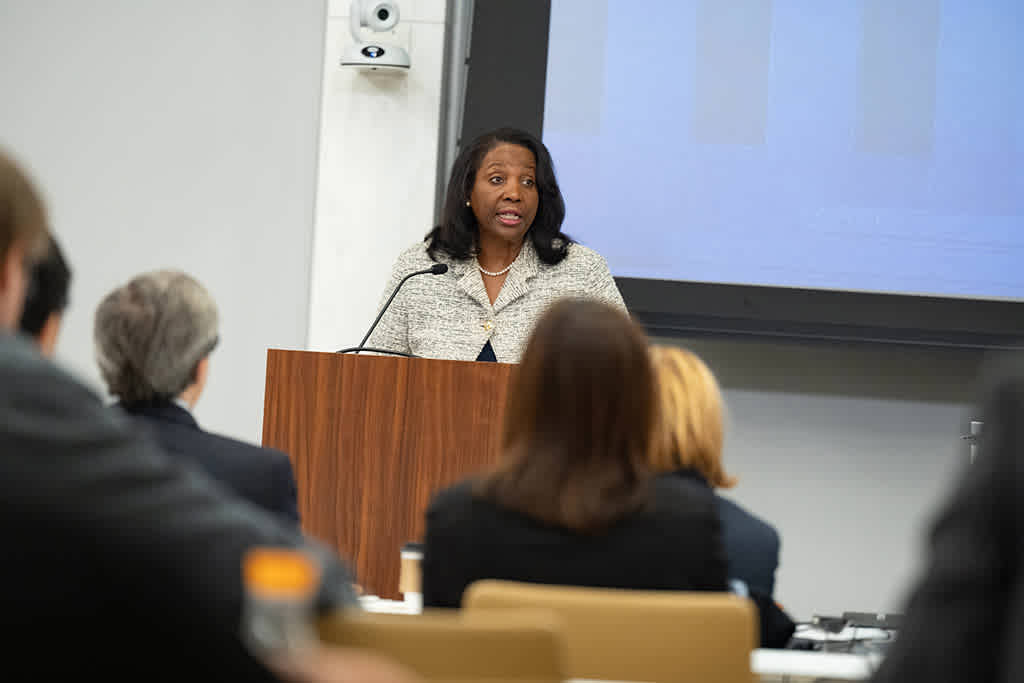Federal Reserve Gov. Lisa Cook said inflation has slowed faster than expected, but central bank officials need “greater confidence” price pressures are returning to low pre-pandemic norms before cutting interest rates.
Cook and a parade of Fed officials in the past few weeks have stressed the the battle vs. inflation is not over. Rates cut will have to wait a bit longer, she said, until victory is all but assured.
“I would like to have greater confidence that inflation is converging to 2% before beginning to cut the policy rate,” she said in a speech at Princeton in New Jersey.
The Fed jacked up a key short-term U.S. interest rate from the spring of 2022 to the summer of 2023 to a 23-year high in an effort to temper strong economic growth and thus rein in the worst inflation in 40 years.
The Fed has left interest rates unchanged since last summer due to waning inflation. Yet senior officials wants to see inflation slow even further before they begin to reduce interest rates and bring relief to home buyers and other borrowers.
The rate of inflation, using the Fed’s preferred PCE price index, slowed to a 12-month rate of 2.6% in January from around 7% in mid-2022. That still leaves it above the Fed’s 2% long run goal.
“Inflation has fallen more quickly than anticipated, and the risk of persistently high inflation, though it has not disappeared, appears to have diminished,” Cook noted.
Yet the most recent data showed somewhat sticky inflation in January, Cook warned the road to 2% inflation could be ”bumpy and uneven.”
Fed officials have signaled that rate cuts would likely wait until the spring or early summer so they have time to see where the economy and inflation are headed.
Cook also didn’t appear to be in any hurry.
“At some point, as we gain greater confidence that disinflation is ongoing and sustainable, that changing outlook will warrant a change in the policy rate.”
The surprising strength of the economy has given Fed officials the leeway to leave rates at current levels for the time being. Wall Street
SPX
investors have also pushed out their forecasts for the first rate cut.
Still, some economists warn the odds of recession could grow the longer rates stay high. The housing market has borne the brunt of higher rates and manufacturers have suffered as well.
Cook said she was also worried about the possible damage to the economy if the Fed keeps rates high, but she suggested the risks of a big blowback appeared low.


